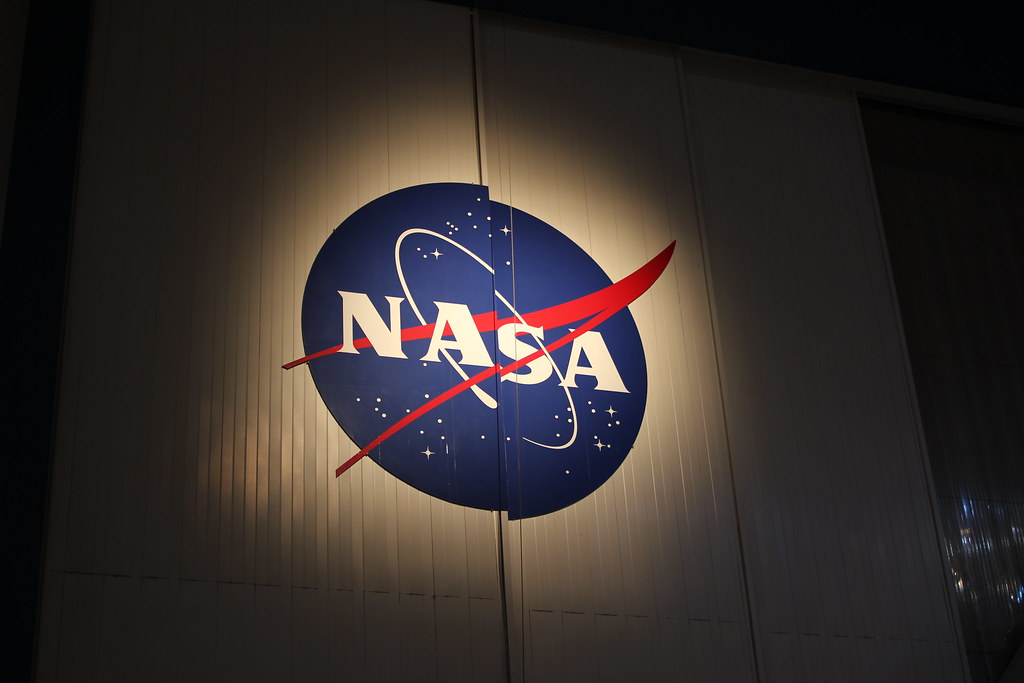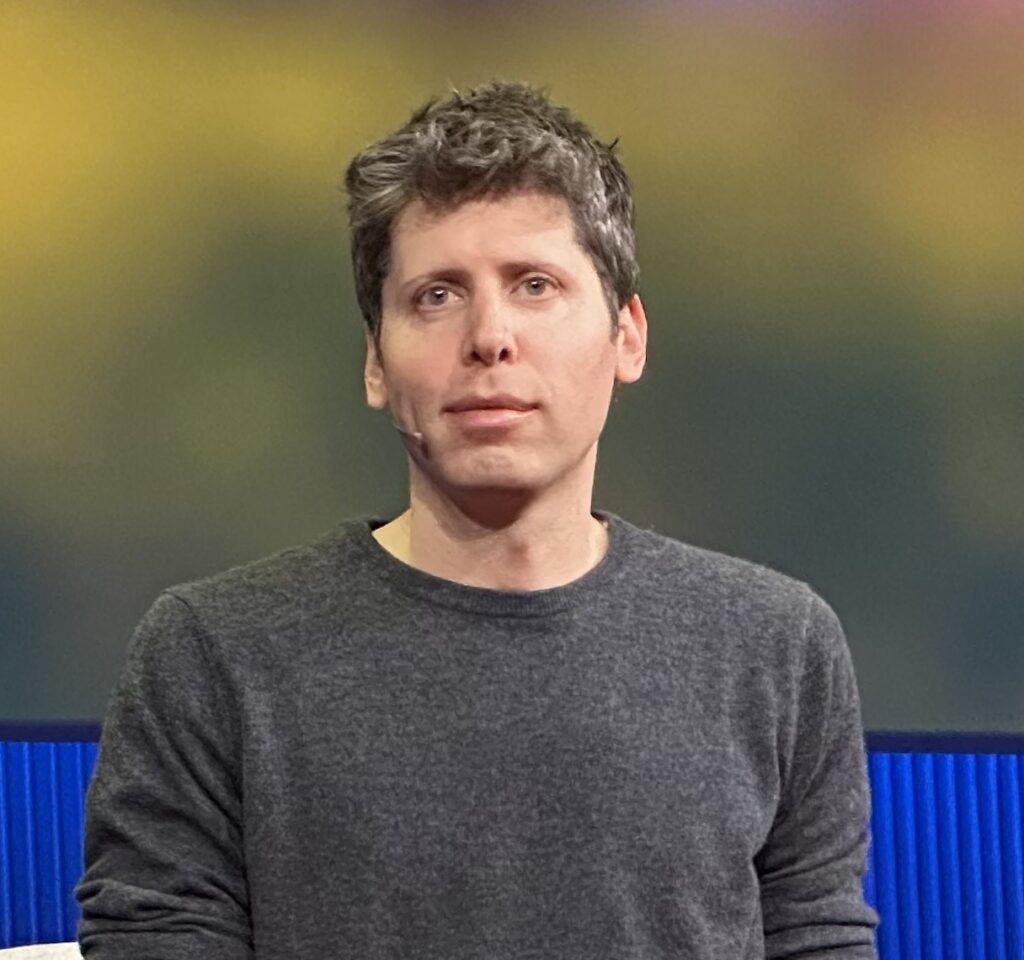
The future of work, for many, evokes a mix of anticipation and trepidation, especially as artificial intelligence rapidly reconfigures industries across the globe. Yet, amidst the swirling predictions of job displacement, one of Silicon Valley’s most influential architects of the AI revolution, OpenAI CEO Sam Altman, presents a profoundly optimistic and truly exhilarating vision for the next generation.
Altman firmly believes that the coming decade isn’t just another period of technological evolution; it is, in his own words, “the most exciting time in history to start a career.” This isn’t merely a hopeful sentiment, but a bold proclamation rooted in the transformative power of AI, promising unprecedented opportunities for those just embarking on their professional journeys.
Indeed, for college graduates navigating a world increasingly shaped by algorithms, Altman paints a picture that is almost cosmic in its scope. He envisions a future where the traditional cubicle could be replaced by a spacecraft, offering careers that defy present-day imagination.
“In 2035, that graduating college student, if they still go to college at all, could very well be leaving on a mission to explore the solar system on a spaceship in some completely new, exciting, super well-paid, super interesting job,” Altman shared with video journalist Cleo Abram.
This isn’t just about high-flying careers in a literal sense; it’s also about unparalleled remuneration and intrinsic job satisfaction. Altman anticipates that these future professionals will be “feeling so bad for you and me that we had to do this really boring, old work and everything is just better.” It’s a compelling peek into a future where our current understanding of work might seem quaint.
While the exact trajectory and widespread expansion of space exploration remain subject to evolving timelines—NASA, for instance, aims to reach Mars in the 2030s—the foundations for such a future are already strengthening. Data from the U.S. Bureau of Labor Statistics reveals that aerospace engineers are a rapidly growing profession, expanding faster than the national average for all jobs.
These professionals already command impressive salaries, bringing home an annual paycheck of over $130,000. Altman’s vision suggests that as AI integrates more deeply into aerospace and other burgeoning fields, the potential for even greater monetary and experiential rewards will only skyrocket.
But the AI revolution isn’t solely about venturing into the cosmos; it’s also dramatically reshaping entrepreneurship right here on Earth. Altman asserts that AI has significantly lowered the barriers to entry for creating and launching new ventures, making it easier than ever for individual innovators to make a massive impact.
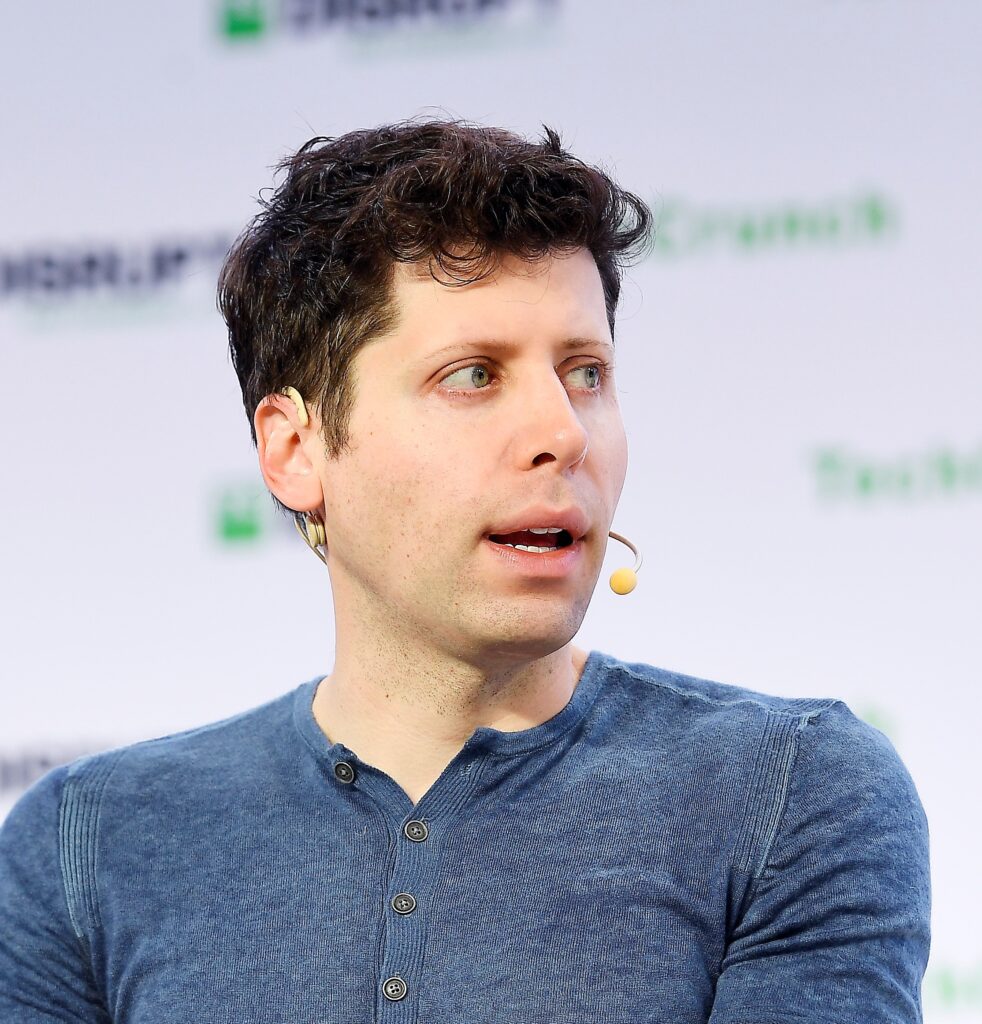
Following the recent launch of OpenAI’s latest model, GPT-5, Altman declared that the world now has access to technology equivalent to a “team of PhD-level experts” right in their pocket. This powerful accessibility translates directly into unprecedented entrepreneurial potential.
“It is probably possible now to start a company, that is a one-person company that will go on to be worth more than a billion dollars, and more importantly than that, deliver an amazing product and service to the world, and that is like a crazy thing,” he enthusiastically stated.
This incredible democratization of advanced capabilities means that a single individual, armed with a groundbreaking idea and mastery of AI tools, can achieve what once required hundreds of employees. The playing field is leveling, and the opportunities for individual ingenuity are expanding exponentially.

This sentiment is echoed by other visionary tech titans. Billionaire Mark Cuban has taken this prediction even further, suggesting that AI could unleash a new class of wealth creators, potentially giving Elon Musk a run for his money as the world’s richest person.
“We haven’t seen the best or the craziest of what [AI is] going to be able to do,” Cuban told the High Performance podcast earlier this summer. He added a truly thought-provoking prediction: “And not only do I think it’ll create a trillionaire, but it could be just one dude in the basement. That’s how crazy it could be.”
While Altman’s gaze is fixed on the horizon, painting a future abundant with possibility, it’s important to acknowledge that not all tech pioneers share his unbridled optimism. Some predictions about AI’s impact on the workforce are more grounded, yet still offer alluring prospects for change.
Microsoft cofounder Bill Gates, for instance, believes that AI could dramatically reduce the length of the workweek, freeing humans from the need to be present “for most things.” He mused to Jimmy Fallon on The Tonight Show, “What will jobs be like? Should we just work like two or three days a week?”
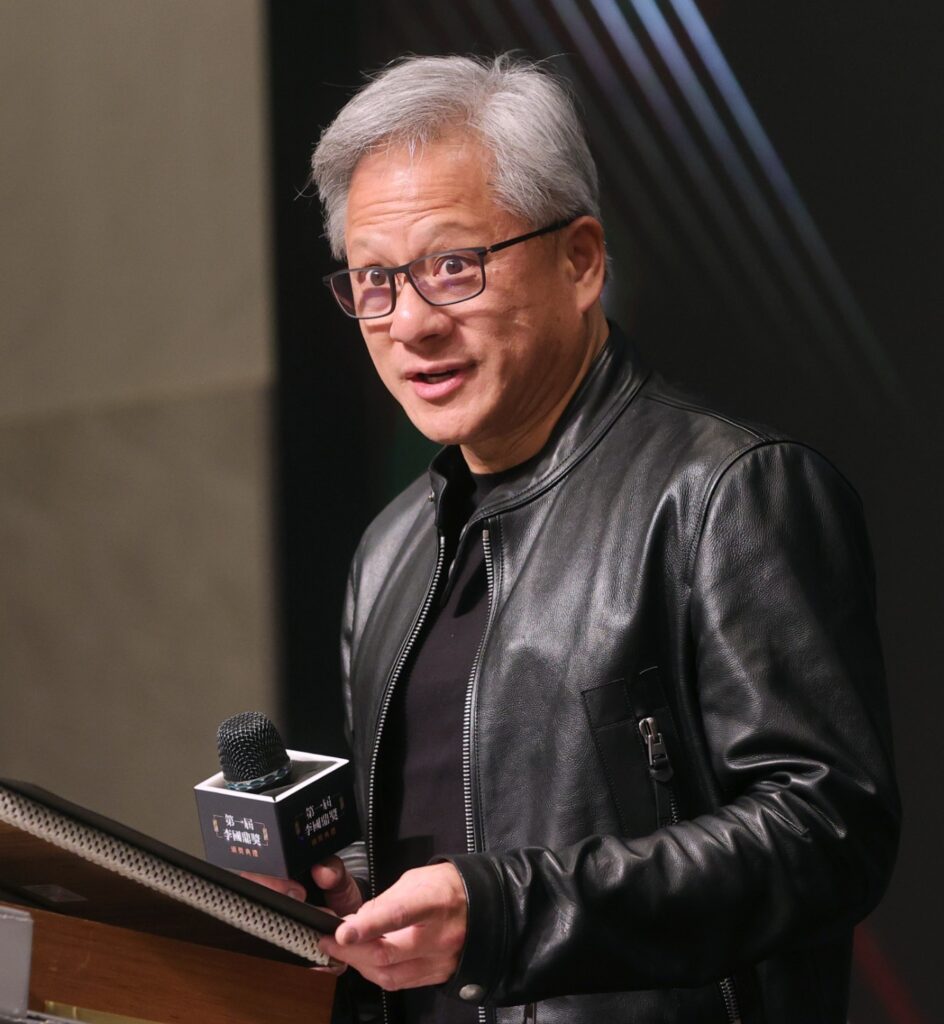
Nvidia CEO Jensen Huang has also lauded AI’s transformative power, stating that it has already endowed his workers with “superhuman” skills. He anticipates that this enhancement will only intensify as the technology continues its rapid advancement.
Huang articulated his perspective on Cleo Abram’s Huge Conversations podcast series, saying, “I’m surrounded by superhuman people and super intelligence, from my perspective, because they’re the best in the world at what they do. And they do what they do way better than I can do it. And I’m surrounded by thousands of them. Yet it never once caused me to think, all of a sudden, I’m no longer necessary.”
These views underscore a shared belief among these leaders that AI won’t merely automate tasks but will fundamentally redefine human capabilities and the nature of work itself. The emphasis shifts from replacement to augmentation, from drudgery to elevated performance.
However, it’s crucial to address the “elephant in the room” that Altman himself acknowledged: AI will indeed “wipe out some jobs entirely.” This stark reality presents a challenge, particularly for certain segments of the workforce.
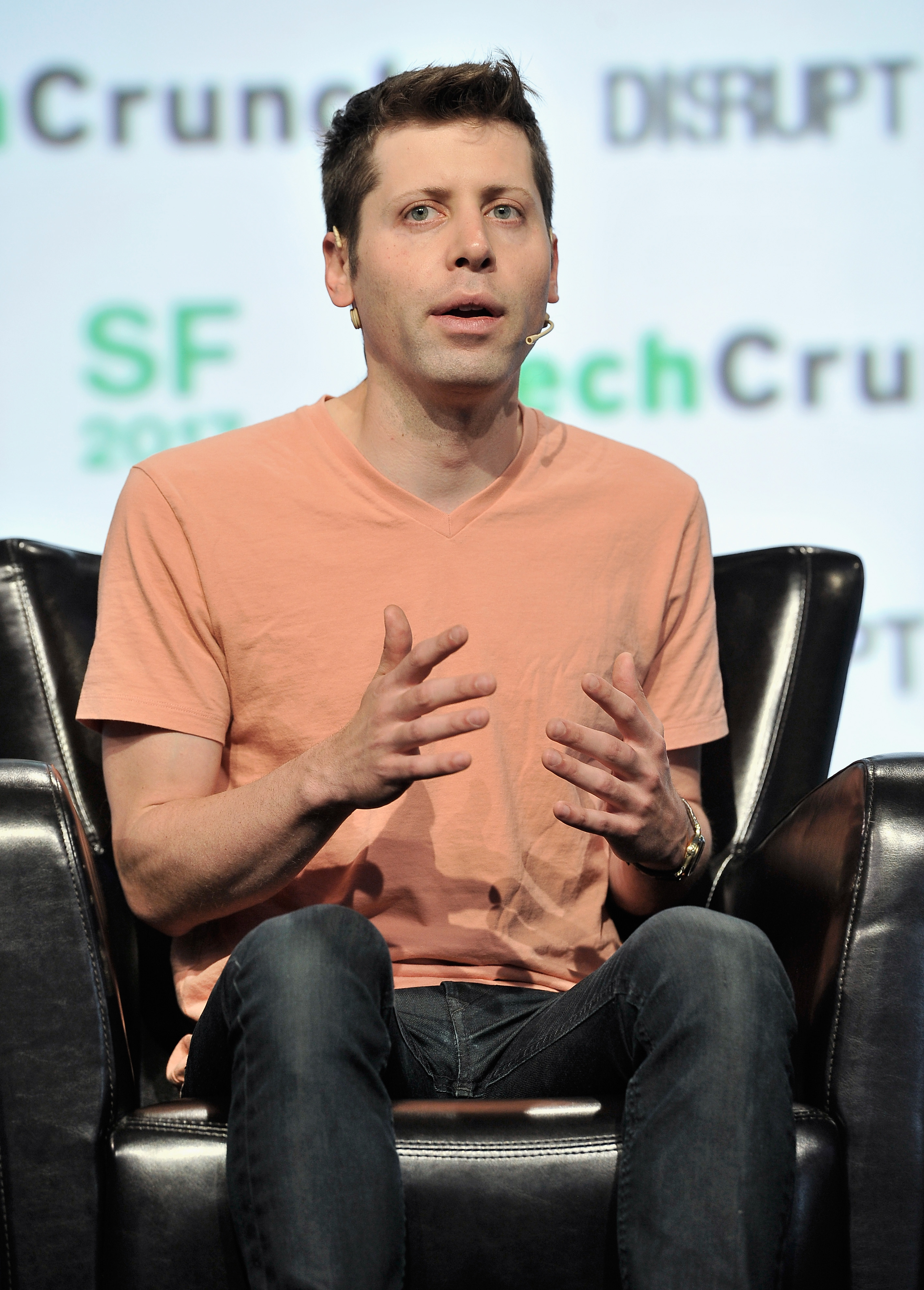
Altman’s primary concern isn’t for the young, tech-native college graduate, but rather for older employees. He expressed this sentiment candidly on Cleo Abram’s “Huge Conversations” YouTube show: “I’m more worried about what it means not for the 22-year-old, but for the 62-year-old that doesn’t want to go retrain or rescale or whatever the politicians call it that no one actually wants.”
This generational divide in adaptability is a significant point of discussion. While young people are inherently positioned to weather technological shifts more effectively, the burden of retraining and re-skilling older generations demands careful consideration from society and policymakers.
Indeed, some tech leaders harbor more pessimistic outlooks on AI’s immediate impact on employment. Anthropic CEO Dario Amodei, for instance, warned earlier this summer that AI could eliminate as many as half of all entry-level white-collar jobs within the next five years.
This potential disruption, according to Amodei, could lead to a significant spike in unemployment, with figures potentially soaring by 10% to 20%. He argues that both the tech industry and policymakers are currently inadequately prepared to help society navigate such a profound economic shift.

Despite these contrasting views and the admitted fog surrounding AI’s true long-term direction, Altman maintains an unwavering optimism, particularly for Gen Z professionals. He confessed to Abram that he is genuinely envious of them: “If I were 22 right now and graduating college, I would feel like the luckiest kid in all of history.”
His core message to this generation is clear and empowering: “There’s never been a more amazing time to go create something totally new, to go invent something, to start a company, whatever it is.” It’s a call to action, urging young minds to seize this unparalleled moment of opportunity.
For students embarking on their higher education journeys today, this translates into a vital imperative: cultivate an entrepreneurial mindset and embrace continuous learning. The traditional pathways to success are dynamically evolving, demanding a new set of critical skills.
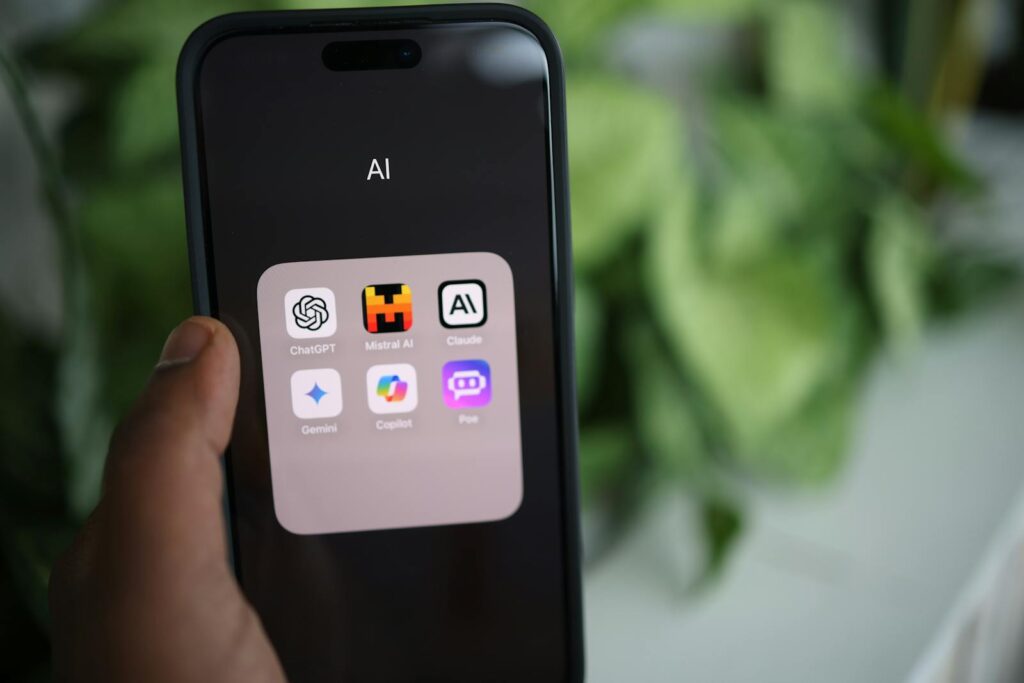
Learning to skillfully leverage AI tools—whether for software development, sophisticated content creation, intricate data analysis, or a myriad of other domains—is rapidly becoming an indispensable competency. Universities and educational institutions are increasingly recognizing this need.
They are proactively integrating AI literacy and digital fluency into their curricula, equipping students not merely to find existing jobs, but to possess the innovative capacity to create them. This proactive approach ensures that graduates are not just ready for the future but are actively shaping it.
The coming decade promises to be a period of intense and exhilarating transformation. While AI-driven innovation will undoubtedly disrupt established norms, its empowering potential for those willing to adapt is immense. The future workforce, far from being sidelined, will be supercharged by intelligent systems.
For students open to exploring uncharted territories and committed to perpetual learning, the road ahead sparkles with the promise of deeply meaningful, financially rewarding, and endlessly exciting work. Whether it involves contributing to bold space exploration missions, pioneering new technologies, or launching solo ventures that redefine industries, the AI era is sculpting a professional landscape that is as vibrant as it is unprecedented.
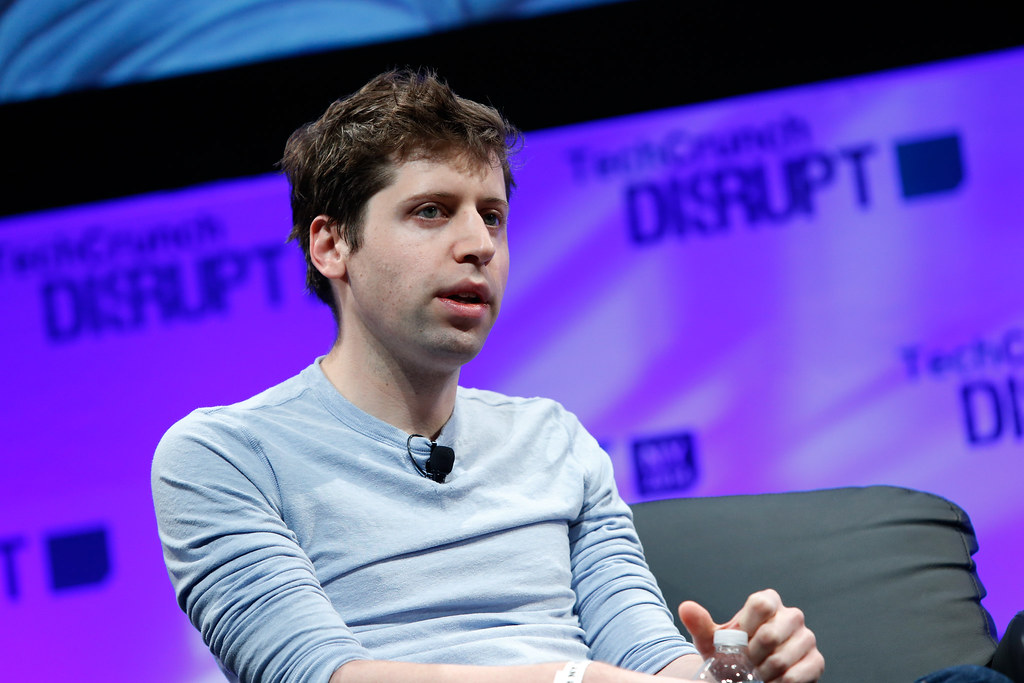
Altman’s reflections, offered from his vantage point as the CEO of OpenAI, resonate as a powerful beacon of hope. They remind us that despite the inherent uncertainties of such a transformative technological wave, today’s young graduates are indeed standing on the precipice of history, poised to redefine the limits of human achievement in collaboration with artificial intelligence.

